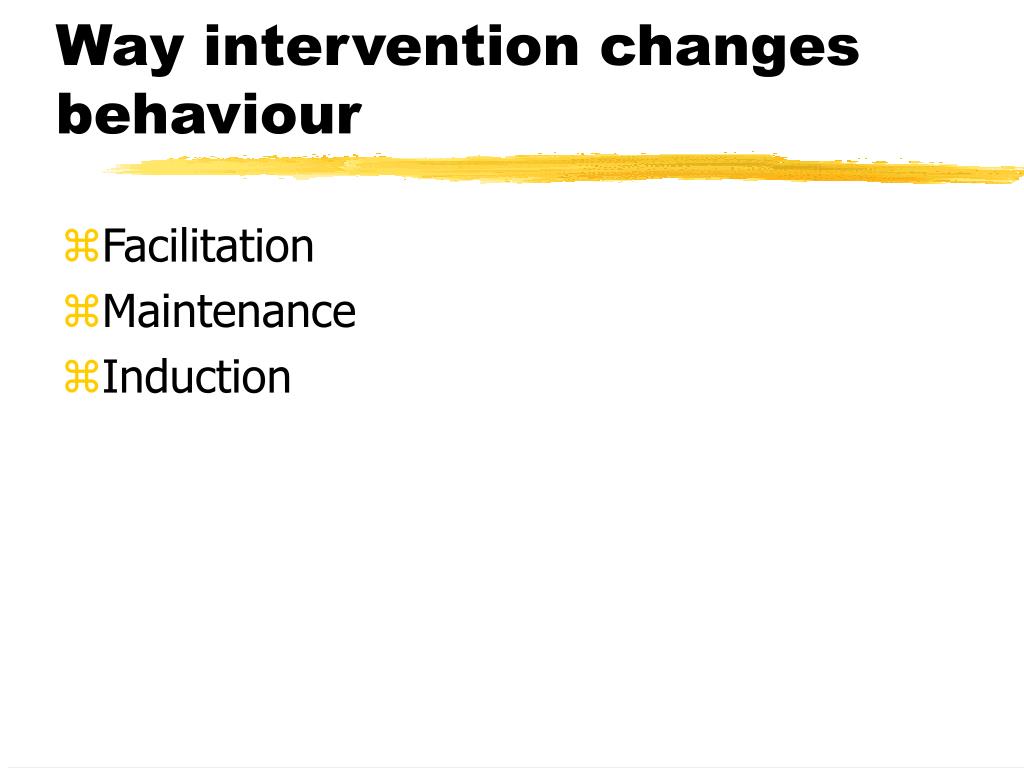
The Dos and the Donatio ante nuptias were settlements by or on behalf of the husband or wife, during the continuance of the marriage, and the law seems to have looked with some jealousy on gifts made by one to the other in any less formal way, as possibly tainted with undue influence. Hence the importance of the law of settlements ( Dotes). The law, in fact, preferred to leave the parties to arrange their mutual rights and obligations by private contracts. It seems doubtful how far she had, during the continuance of marriage, a legal right to enforce aliment from her husband, although if he neglected her she had the unsatisfactory remedy of an easy divorce. The distance between the two modes of marriage may be estimated by the fact that, while under the former the wife was one of the husband’s immediate heirs, under the latter she was called to the inheritance only after his kith and kin had been exhausted, and only in preference to the treasury. The later Roman marriage left the spouses comparatively independent of each other. Manus, however, was not essential to a legal marriage its restraints were irksome and unpopular, and in course of time it ceased to exist, leaving no equivalent protection of the stability of family life. The wife on her husband’s death succeeded, like the children, to freedom and a share of the inheritance. If this institution implied the complete subjection of the wife to the husband, it also implied a much closer bond of union between them than we find in the later Roman law. The subject members of the family, whether wife or children, had, broadly speaking, no rights of their own. The dominion which, so far as the children was concerned, was known as the patria potestas, was, with reference to the wife, called the manus. She fell under the “hand” of her husband,-became one of his family, along with his sons and daughters, natural or adopted, and his slaves. The position of the wife in the earliest Roman household was regulated by the law of Manus. The history of Roman law exhibits a transition from an extreme theory to its opposite. In modern times the effect of marriage on property is perhaps the most important of its consequences, and on this point the laws of different states show wide diversity of principles.
#Principle of intervention britannica free#
The most favourable system scarcely leaves her as free as an unmarried woman and the most unfavourable subjects her absolutely to the authority of her husband.

The person chiefly affected is the wife, who probably in all political systems becomes subject, in consequence of marriage, to some kind of disability. The present article will deal only with the effect of marriage on the legal position of the spouses. For the modes in which the relation of husband and wife may be constituted and dissolved, see Marriage and Divorce.


 0 kommentar(er)
0 kommentar(er)
